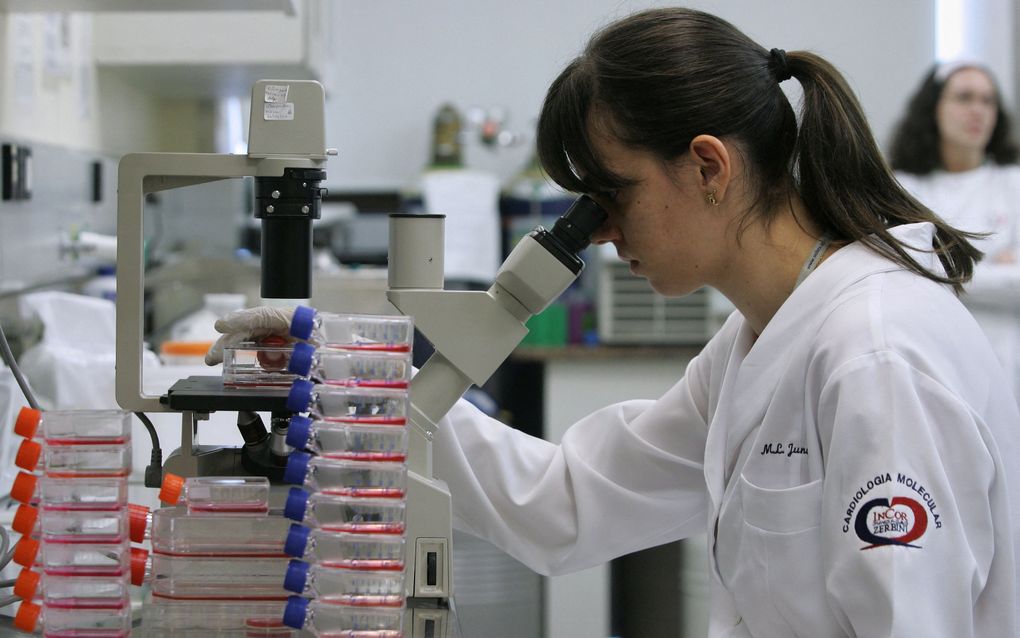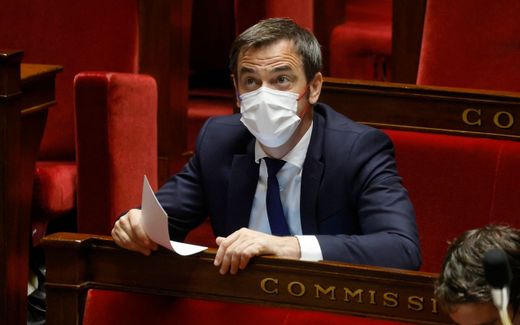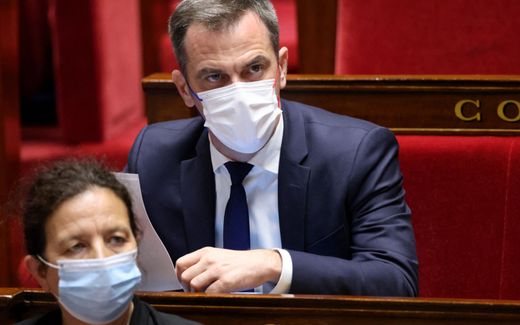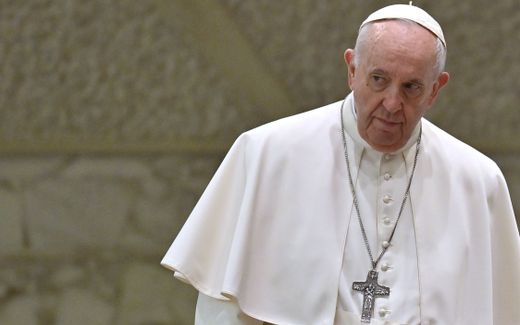Dutch coalition clashes over embryo legislation

A scientific researcher examinates through a microscope small bottles containing embryonic stem cells. Photo AFP, Mauricio Lima
Western Europe
The Dutch ruling ChristianUnion (CU) party warns its liberal coalition partners not to permit artificially growing embryos. ChristianUnion leader Gert-Jan Segers warns for "political borders".
“This is cultivating human life for scientific research only to destroy it again after that research is done. As far as the CU is concerned, that is contrary to human dignity. We are entering into this important debate, but there are indeed political boundaries”, Segers said, according to the Dutch daily de Telegraaf.
Segers’ reaction comes after the ruling liberal D66, and VVD parties had an interview in Dutch daily Trouw. In it, VVD parliamentary leader Sophie Hermans and D66 parliamentary leader Jan Paternotte argue that it is time to “modernise” laws around embryo’s. They want to make new embryo technology permissible.
Both parties want to move “forward”, they say. The aim is to come up with a proposal this year to allow embryo selection if you are a carrier of a serious hereditary disease. The second wish of the political parties is to enable the creation of embryos for scientific research. At the moment, that is prohibited in the Netherlands.
According to Jan Paternotte, it has been twenty years since there was room for discussing bioethical themes. That room is being used. The House of Representatives recently decided to cancel the statuary period of reflection on abortion and make the abortion pill available through the general practitioner.
Paternotte also says that the Netherlands dares to move forward again in the area of bioethics. “We were certainly no longer at the forefront in the medical ethical area, but we are catching up.”
According to Sophie Hermans, it is all about “how we can make progressions that fit in these times.”
Agenda
Bioethics has thus become a subject on the political agenda in the Netherlands. It is the result of agreements in the coalition agreement dated December 2021. Unlike the previous cabinet term, the four parties of the Rutte IV cabinet now want to give each other as much freedom as possible about medical-ethical issues. Parties can come up with their own proposals within the agreements; MPs make their own decisions about how to vote.
However, ChristianUnion leader Segers contradicts this. According to him, “the coalitition partners have agreed that this legislation would not be discussed.”
According to a D66 spokesperson, the bill will only be discussed in parliament after this cabinet term to prevent problems with the Christian democratic CDA and the CU. However, that does not mean that the proposal will not be submitted until then. The VVD and D66 want to use the coming years for the preparation and for “a social dialogue” on the theme.
Unanimity
There is currently no unanimity around embryo legislation in Europe. In the Netherlands, it is currently forbidden to create human embryos for research purposes. This is also the case in Germany, France, and Denmark among other countries.
Related Articles






